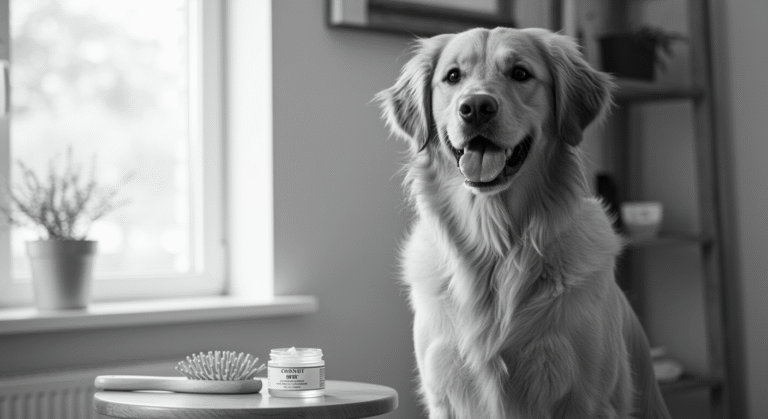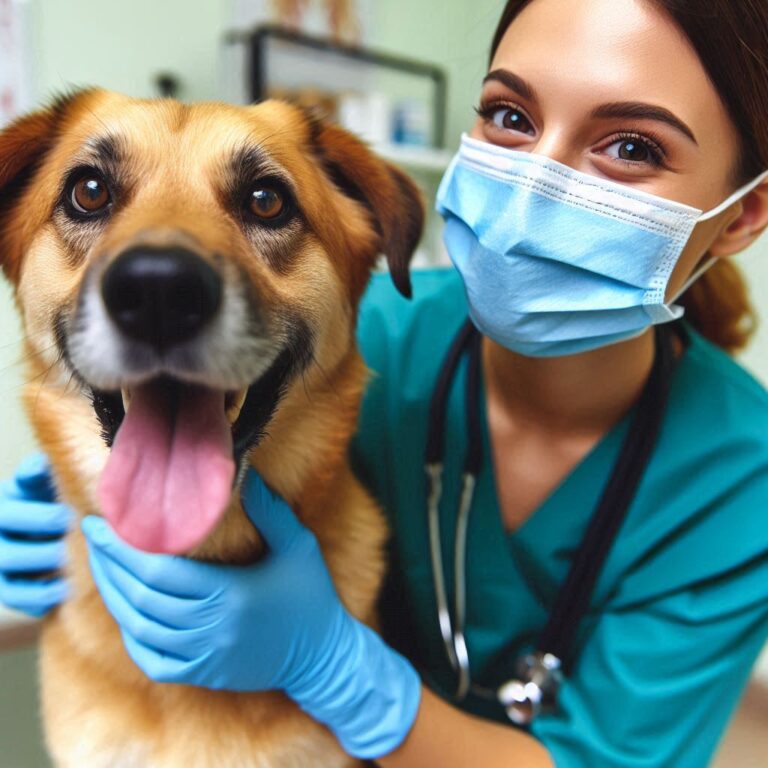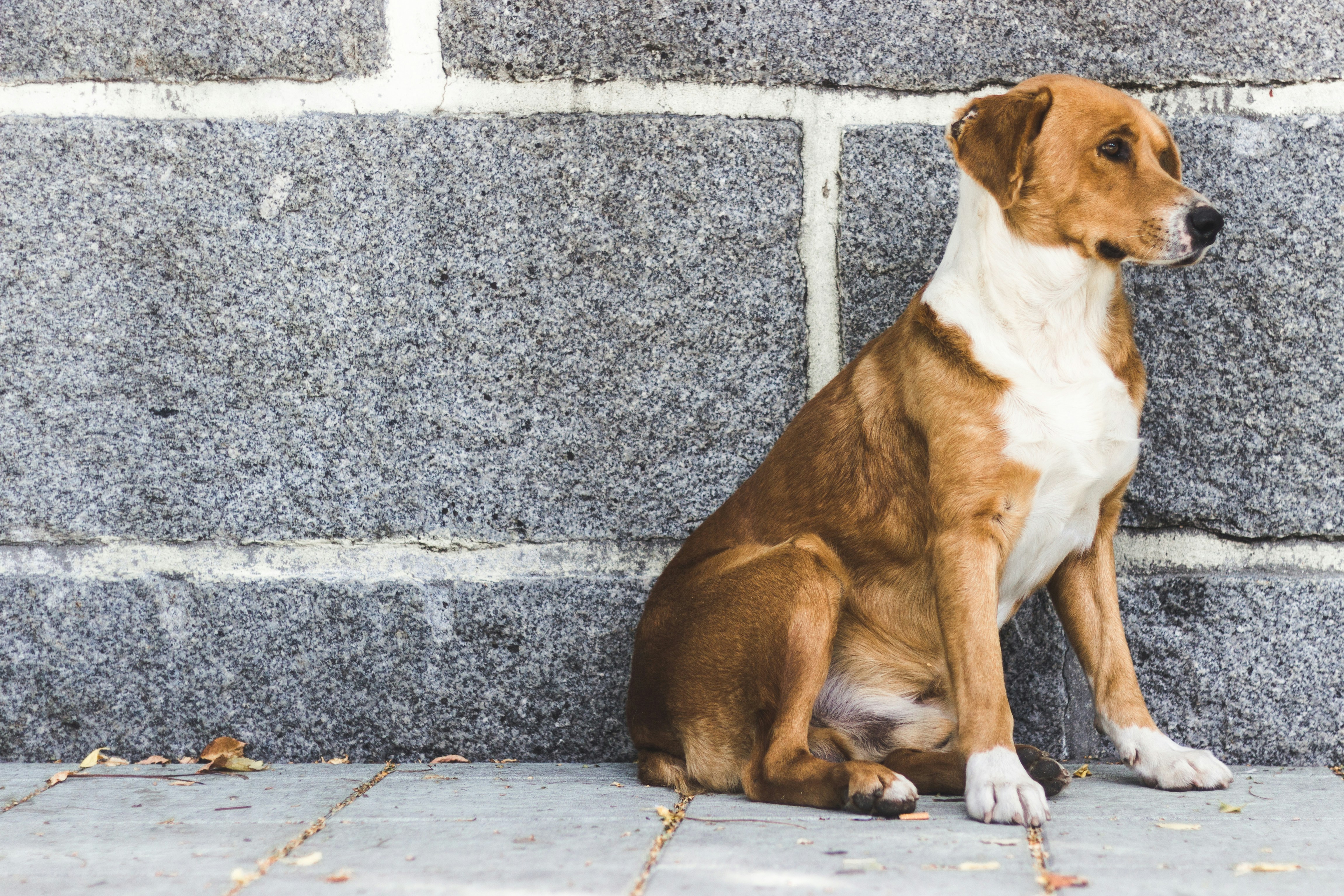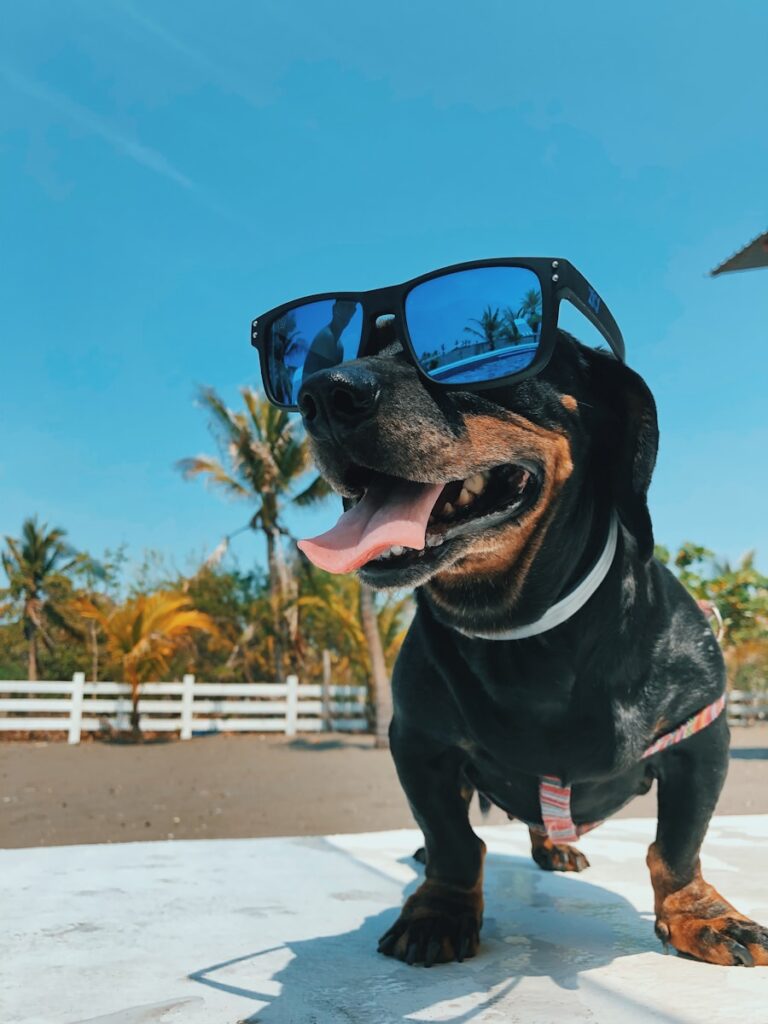Understanding Constipation in Dogs
Constipation is a common issue that many dogs may experience at some point in their lives. It occurs when a dog has difficulty passing stool or has infrequent bowel movements. Just like humans, dogs can suffer from constipation, and it can be uncomfortable and even painful for them. If you notice that your dog is struggling to have a bowel movement, it’s important to address the issue promptly to provide them with relief. In this blog post, we will discuss some tips on how to help a constipated dog poop quickly.
Identifying the Symptoms of Constipation
Before diving into the remedies, it’s crucial to recognize the signs of constipation in dogs. Some common symptoms include:
- Straining or difficulty while trying to poop
- Passing small, hard, or dry stools
- Decreased appetite
- Lethargy or restlessness
- Abdominal discomfort or bloating
Home Remedies to Help Your Dog Poop
If your dog is experiencing constipation, there are several home remedies you can try to help them poop more easily:
1. Increase Water Intake
Dehydration can contribute to constipation in dogs. Ensure that your dog has access to fresh, clean water at all times. You can also try adding some low-sodium chicken broth or water to their food to encourage them to drink more.
2. Dietary Changes
Adjusting your dog’s diet can also help alleviate constipation. Consider adding more fiber to their meals, as it can promote regular bowel movements. Canned pumpkin (not pumpkin pie filling) or cooked sweet potatoes are excellent sources of fiber that can be mixed with their regular food.
3. Exercise and Physical Activity
Regular exercise is essential for maintaining a healthy digestive system in dogs. Take your dog for daily walks or engage them in active play sessions to stimulate their bowel movements. Physical activity helps to stimulate the muscles in the digestive tract, promoting regularity.
4. Massage the Abdomen
Gently massaging your dog’s abdomen can help stimulate their bowels and relieve constipation. Use gentle circular motions and apply slight pressure. This massage technique can help to relax the muscles and encourage the movement of stool through the intestines.
5. Consult Your Veterinarian
If your dog’s constipation persists or worsens despite your efforts, it’s essential to consult your veterinarian. They can examine your dog, identify any underlying causes, and recommend appropriate treatment options. In some cases, medical intervention may be necessary to relieve the constipation.
Preventing Constipation in Dogs
Prevention is always better than cure. Here are some tips to help prevent constipation in your dog:
1. Proper Diet
Ensure that your dog’s diet is well-balanced and includes adequate fiber content. Consult your veterinarian to determine the appropriate diet for your dog’s breed, age, and overall health.
2. Regular Exercise
Regular exercise is crucial for your dog’s overall well-being, including their digestive health. Make sure your dog gets enough physical activity to keep their digestive system functioning properly.
3. Adequate Hydration
Always provide your dog with fresh, clean water. Dehydration can contribute to constipation, so make sure your dog drinks enough water throughout the day.
4. Avoid Human Medications
Never give your dog any medications without consulting your veterinarian first. Some human medications, including pain relievers and certain supplements, can cause constipation in dogs.
5. Regular Veterinary Check-ups
Regular visits to the veterinarian can help identify any potential health issues early on, including constipation. Your vet can provide guidance on maintaining your dog’s digestive health and address any concerns you may have.
Conclusion
Constipation in dogs can be uncomfortable and distressing for both the pet and the owner. By recognizing the symptoms and taking appropriate action, you can help your constipated dog find relief and get back to their normal, happy self. Remember to try the home remedies mentioned in this article and consult your veterinarian if the constipation persists or worsens. With proper care and attention, you can support your dog’s digestive health and prevent constipation in the future.








